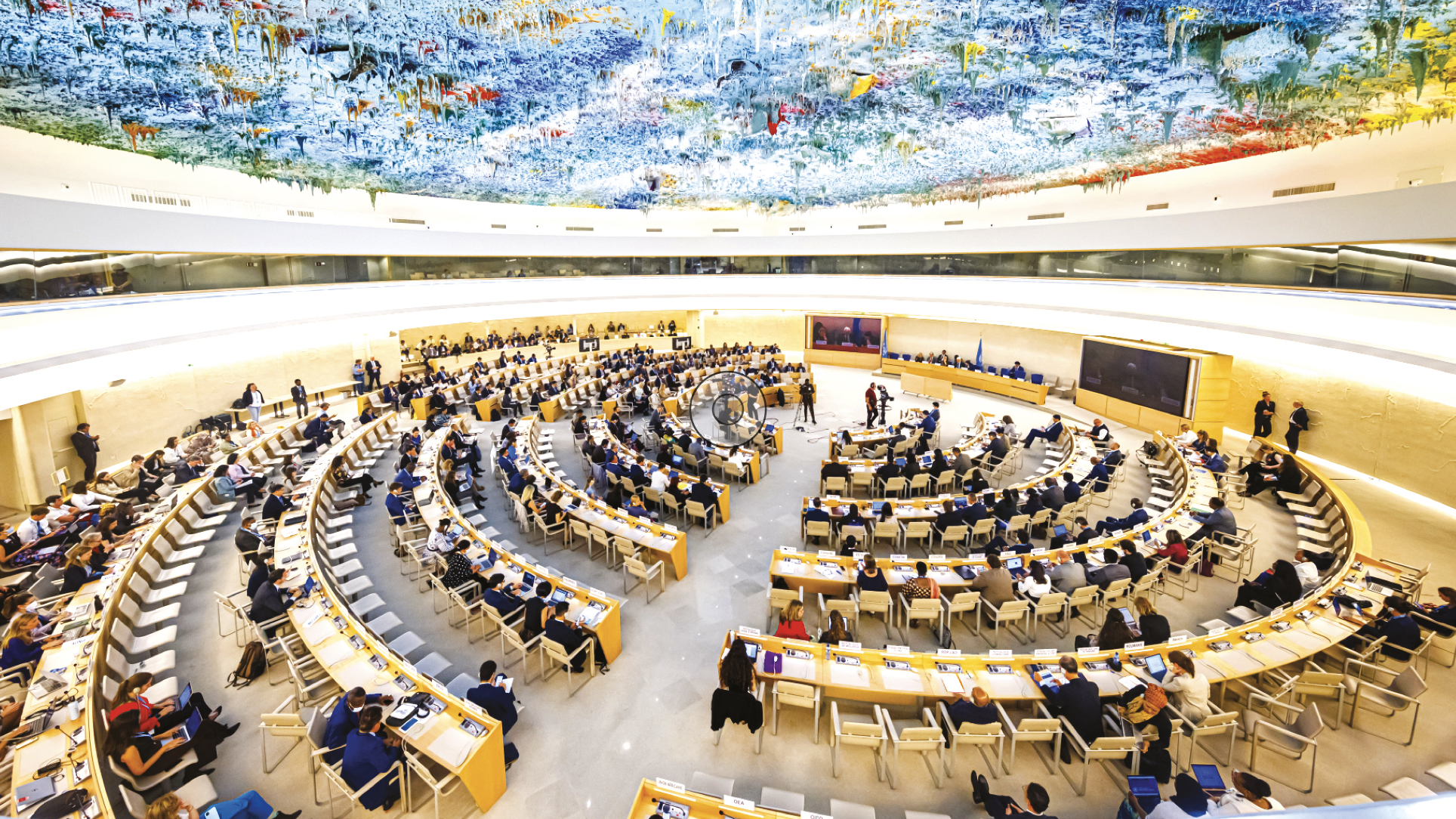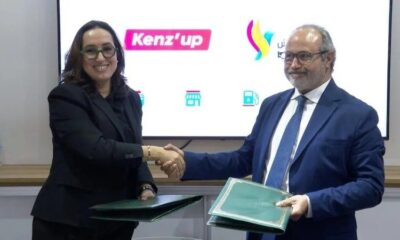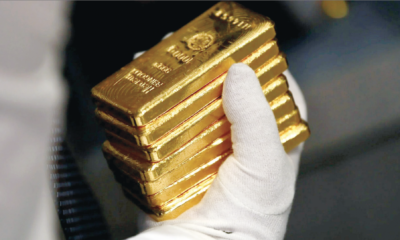Influences
Sahara: Morocco Continues String of Diplomatic Victories
From Southeast Europe to Latin America, through Central Asia, the Kingdom’s Autonomy Initiative is amassing support across the globe. And this momentum shows no sign of stopping—an irreversible trajectory.

A reality that grows clearer by the day. On the Sahara dossier, adversaries of territorial integrity are under mounting pressure—even in what they once regarded as their “historical strongholds.” This holds true across Latin America, Eastern Europe, and Central Asia.
This is in addition to the steady gains Morocco continues to secure within UN institutions. The latest confirmation came from Geneva on Monday, March 3rd, during the 58th session of the Human Rights Council, where nearly 40 nations reaffirmed their support for Morocco’s full and complete sovereignty over its Sahara.
For these states, “the Sahara issue is a political dispute addressed by the Security Council, which recognizes the preeminence of the autonomy initiative presented by Morocco as credible and serious for a definitive political resolution to the regional dispute over the Sahara.”
Furthermore, this group of nations underscored Morocco’s “constructive, voluntary, and profound engagement” with the UN human rights system (…) to advance and uphold human rights across its entire territory.
This stands in stark contrast to the situation in the Tindouf camps, in southwestern Algeria, where the most basic human rights of the sequestered populations are openly and brazenly violated.
Even worse, as NGOs have persistently highlighted, human rights abuses are countless, compounded by equally repetitive acts of violence, further exacerbating the plight of thousands—particularly women and children—exposed to every imaginable form of brutality.
All of this was articulated at the Palais des Nations in Geneva. Now, affected parties await meaningful action from the international community.
Under the banner of irreversibility
The momentum of “isolating Morocco’s adversaries” continues unabated. Between January and February, a series of initiatives further solidified the Kingdom’s position.
On Monday, Albania’s Minister for Europe and Foreign Affairs, Igli Hasani, visited Rabat. The joint statement following talks between Moroccan Foreign Minister Nasser Bourita and his Albanian counterpart leaves no room for ambiguity.
Tirana expressly recognized the Sahara’s significance to Morocco, endorsing the Moroccan Autonomy Initiative as a “serious and credible basis for resolving this regional dispute.” This backing from a Southeast European nation reinforces the international momentum favoring Morocco’s sovereignty over its Sahara.
Days earlier, another pivotal stance emerged. On Friday, February 28, Kazakhstan’s Deputy Prime Minister and Foreign Minister voiced his country’s support for Morocco’s sovereignty, territorial integrity, and the 2007 Autonomy Plan.
The joint communiqué between Moroccan and Kazakh diplomats was equally unequivocal: the Central Asian nation affirmed its “support for the sovereignty and territorial integrity of the Kingdom,” praising the Autonomy Plan as a “serious and credible foundation for achieving a negotiated political solution to the Sahara issue.”
From Southeast Europe to Central Asia, the focus shifts to Latin America. Across the continent, nations once counted among supporters of Morocco’s territorial adversaries are increasingly reconsidering—or poised to reconsider—their positions.
Mexico exemplifies this shift. In late February, the President of Mexico City’s Congressional Coordination Committee urged his government to revise its stance on the Sahara.
Congressman Jesús Sesma Suárez, a member of the ruling coalition’s Green Party, challenged Mexico’s Foreign Ministry to “reevaluate its recognition” of the “pseudo-SADR” (self-proclaimed Sahrawi Arab Democratic Republic).
This evolving stance amplifies a “dynamic cycle” of support, evidenced by the “new approach” Scandinavian capitals are adopting toward Polisario-linked entities. For Algiers, this is nothing short of a hailstorm.
A “different” world crumbles
Yesterday, it was the Basque ETA (2010) and the Irish Republican Army (2005). Today, it is the PKK. The Kurdistan Workers’ Party’s abandonment of armed struggle and its dissolution after forty years of violence and conflict against Turkey delivers a severe blow to the Polisario separatists.
This marks the failure of the separatist dream. Both movements, incidentally, maintained close ties under Algeria’s stewardship. The PKK, as its leader emphasized in its March 1st dissolution decree, was deeply shaped by socialist ideology in its theory, strategy, and tactics.
Yet with socialism’s collapse in the 1990s, the ground shifted. “Consequently, like similar movements, it has reached the end of its path, necessitating dissolution,” declared Abdullah Öcalan.
The parallels between the PKK and the Polisario are unmistakable. Born in the post-World War II and Cold War eras, both embraced “realist socialism”—prioritizing ideology, materialist philosophy, and propaganda.
But a critical distinction remains: Unlike the PKK, the Polisario has been hijacked from its original purpose. It is now armed and diplomatically propped up by its neighbor, Algeria, to serve objectives widely recognized today. As Mahjoub Salek, one of its founders, recently reiterated: “Our goal was to liberate the Sahara from Spanish rule, not to create a state. But Algeria has worked relentlessly to turn the Polisario into a tool for pressuring Morocco.”












